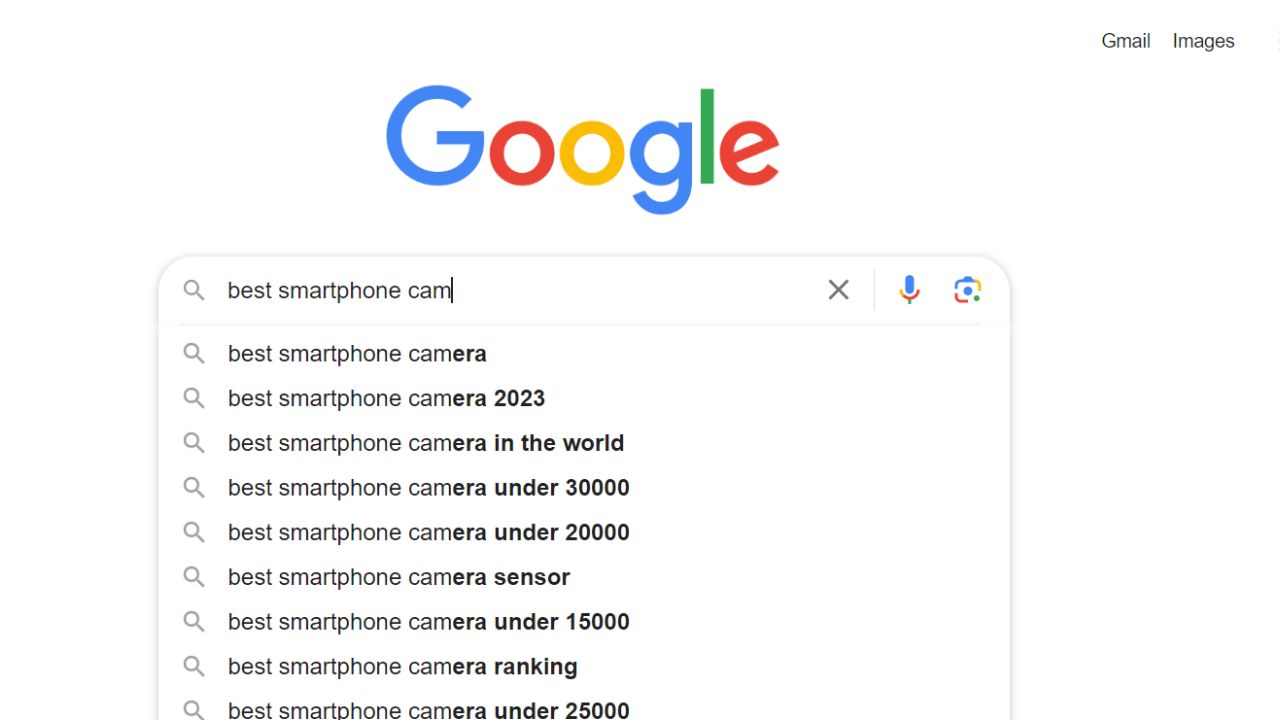
What are the Keywords?
Keywords, in the context of search engines and SEO, are specific words or phrases that users enter in to search engines when searching for information on a particular topic. These words or phrases are essentially the “key” to unlocking relevant content in search engine results.

In the Digital world of SEO, website content creators identify and strategically use keywords within their website content to improve their chances of ranking higher in search engine results for those specific terms. This practice is known as keyword optimization. The goal is to align a webpage’s content with the terms that users are likely to type into search engines, making it more likely for the page to appear in the search results when someone searches for those keywords.
For example, if someone is looking for information about “best smartphone cameras,” they might enter that phrase into a search engine. Websites that have content optimized for the keywords “best smartphone cameras” are more likely to appear in the search results for that query.
It’s important to choose relevant and high-performing keywords for SEO efforts, and the selection process often involves understanding user intent, competition for specific terms, and the overall relevance of the keywords to the content on a webpage.
Why are keywords important?
Keywords are important in the context of search engine optimization (SEO) for several reasons:
Relevance to User Queries: Users typically use specific words or phrases when searching for information on the internet. By optimizing your content with relevant keywords can increase the website ranking so that the website will appear in search engine results when users search on those specific topics.
Search Engine Rankings: Search engines use complex algorithms to determine the relevance and authority of web pages. Keywords are one of the factors that search engines consider when ranking pages. by using the keywords in the content you can improve of keyword ranking in search engine results pages (SERPs).
Increased Visibility in Search: Websites that rank higher in search results are more likely to be seen by users. This increased visibility can lead to more organic traffic to your website, as users are more likely to click on the top results.
Targeted Traffic: Using specific keywords helps attract visitors who are actively searching for information related to those terms. by using targeted keywords chances will be more higher to click on your website because users are interested in your content, products or services which is representing through the keyword relevancy.
Content Organization: Keywords help organize and structure your content. They guide the creation of relevant and focused content that addresses to the specific needs and interests of your target audience.
Competitive Advantage: Understanding the keywords that are important in your industry or niche allows you to stay competitive. you can identify gaps in content, discover popular topics, and adapt your strategy to align with what users are searching for.
Analytics and Measurement: Monitoring the performance of specific keywords can provide valuable insights into the effectiveness of SEO efforts. Analyzing keyword performance helps you understand the driving traffic, conversions, and engagement on your website.
While keywords are important, it’s equally crucial to prioritize user experience and provide high-quality, valuable content. Modern search engine algorithms consider various factors beyond keywords to determine the relevance and authority of a webpage, emphasizing the importance of a holistic approach to SEO.
Keywords can be categorized into various types based on their intent, length.
1. Short-Tail Keywords
• Short, one or two-word phrases.
• Example: “shoes,” “travel.”
2. Long-Tail Keywords
• Longer and more specific phrases, typically three or more words.
• Example: “best running shoes for flat feet,” “affordable travel destinations in Europe.”
3. Broad Match Keywords:
• Keywords that trigger ads to show whenever someone searches for that phrase or a similar one.
• Example: “running shoes.”
4. Exact Match Keywords:
• Keywords that trigger ads to show only when someone searches for that exact phrase.
• Example: “[running shoes].”
5. Phrase Match Keywords:
• Keywords that trigger ads to show when someone searches for the exact phrase or close variations of it.
• Example: “running shoes for beginners.”
6. Commercial Keywords
• Keywords indicating intent to research and compare products or services before making a purchase.
• Example: “best laptops 2023.”
7. Transactional Keywords
• Keywords indicating a direct intent to make a purchase or complete a specific action.
• Example: “buy iPhone 13 Pro Max.”
8. Informational Keywords
• Keywords indicating intent to seek information or answers.
• Example: “how to tie a tie.”
9. Navigational Keywords
• Keywords indicating intent to navigate to a specific website or webpage.
• Example: “Facebook login.”
10. Local Keywords
• Keywords indicating intent to find information related to a specific location.
• Example: “restaurants near me.”
11. Branded Keywords
• Keywords containing the name of a specific brand or company.
• Example: “Nike shoes,” “Apple iPhone.”
12. Generic Keywords
• Keywords that are not brand-specific and apply broadly to a category.
• Example: “smartphones,” “running shoes.”
13. Product Keywords
• Keywords specifically related to a product.
• Example: “laptop bag,” “fitness tracker.”
14. Seasonal Keywords
• Keywords associated with a particular season or event.
• Example: “summer fashion trends,” “holiday gifts.”
15. Trending Keywords
• Keywords that are currently popular or trending.
• Example: “current events,” “viral videos.”
Understanding the different types of keywords is essential for developing a comprehensive SEO strategy and creating content that aligns with user intent across various stages of the customer journey.
